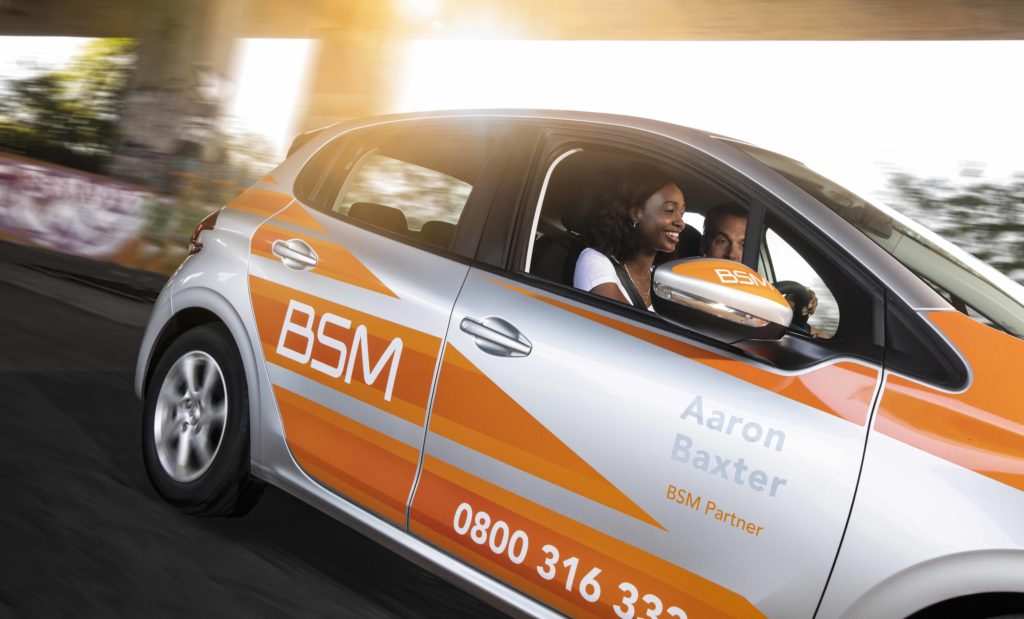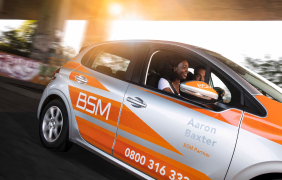Drug Driving

Young drivers speak out on government drug driving law
- Most support penalties for proposed new law
- Drug drivers say they would be deterred from repeat offending
- Extent of young driver drug driving problem revealed
The majority of young drug drivers say they would be deterred from repeat offending by the government’s proposed legislation to tackle the problem.
Three quarters of drivers aged 17-24 who have drug driven in the last 12 months say they would definitely (62%) or possibly (12%) be deterred from drug driving again by the prospect of a six month prison sentence, automatic driving ban of 12 months and a maximum fine of £5,000.
Currently, these penalties are only enforceable if the police can prove a driver is impaired through drugs. Under the new law, drug driving would be a specific offence, and the penalties would be enforced simply through proving a driver had a banned substance in their body. This would make it much easier to penalise drug drivers. Devices to screen for drugs in the body are expected to receive type approval from the Home Office by the end of the year.
The findings*, published by BSM, also show young drivers support the government’s plans to impose punishments on more drug drivers.
When asked to select the three punishments they thought were most appropriate for a driver who is caught with an illegal substance in their body, the results were:
- Fine of up to £5,000 (60.2%)
- Automatic 12-month driving ban (54.8%)
- 3 points on their licence (31.7%)
- Prison sentence of up to 6 months (25.7%)
- Prison sentence longer than 6 months (23.6%)
- Police caution (14.4%)
- No punishment (8.5%)
The research also highlights the extent of drug driving among drivers aged 17 to 24.
Almost one in ten (8 per cent) admitted they have drug driven in the last 12 months and 3.6% said they possibly have. There is a big gender split on this figure with men (13.47%) three times more likely to say they have definitely done so than women (4.34%)
Of those who have, or possibly have, driven under the influence of an illegal substance in the last 12 months, the majority have done so regularly:
- Daily 12.07%
- Weekly 6.03%
- Fortnightly 24.14%
- Monthly 14.66%
- Only once or twice 43.1%
Mark Peacock, head of BSM, said: “Young drivers often get a hard time in the media but these figures show how important it is to remember it is a minority who give the rest a bad reputation. The vast majority of those we surveyed support harsh punishments for drug drivers, have not drug driven in the last 12 months and would not get in a car with a drug driver.
“It is also positive to see that so many who have drug driven would be deterred from doing so again in the future by the proposed legislation.
“Young people are generally desperate to get their driving licence and it is obviously an alarming thought that drug driving would mean it could be taken away from them in an instant.”
Young drivers surveyed also answered questions about whether they had been involved in a car crash, as a passenger or driver, in the last 12 months. Of those who had had a crash when they were driving (12.3%) more said it was because, either in part or full, they were under the influence of an illegal drug (15.45%) than speaking on a mobile phone (14.63%). Other reasons were:
- Texting 23.58%
- Over legal alcohol limit 12.2%
- Updating social media 6.5%
- Using a smartphone app 5.69%
- Over speed limit 4.07%
- Distracted by changing songs on ipod 2.44%
- None of the above 37.4%
Mark added: “Obviously there is still more to be done to tackle the problem and driver education plays a big part in that.
“Unless people are aware of the dangers drug driving brings then they are unlikely to change their behaviour. Over the years there has been a big change in attitudes towards drink driving and we need the same thing to happen towards drug drivers.
“The proposed changes in legislation are a first step towards tackling this problem and making our roads safer for all who use them.”
*Research carried out on behalf of BSM by OnePoll surveyed 1,000 drivers aged 17-24 between 21st June and 29th June 2012. Regional breakdown is available.
Featured posts

BSM launches new Better, Safer Motorists strategy
New ‘fair deal franchise’ Recruitment promise to protect existing instructors Breaking away from offer-driven market Britain’s oldest driving school, BSM, has launched a ground brea

BSM Amnesty
BSM searches for motoring archive Appeal launched to uncover more about BSM’s history Photos available of recently discovered BSM memorabilia People asked to bring forward old branded ite

CGI makeover for theory test
https://www.gov.uk/government/news/hazard-perception-clips-get-a-modern-makeover The hazard perception part of the driving theory test will be updated with computer generated imagery (CGI) from Mon

Mum vs Dad vs Jenson Button
Forget being taught to drive by mum or dad – these days children and teens would rather a professional instructor or Formula 1 racing driver showed them the ropes. Research*, by driving school B